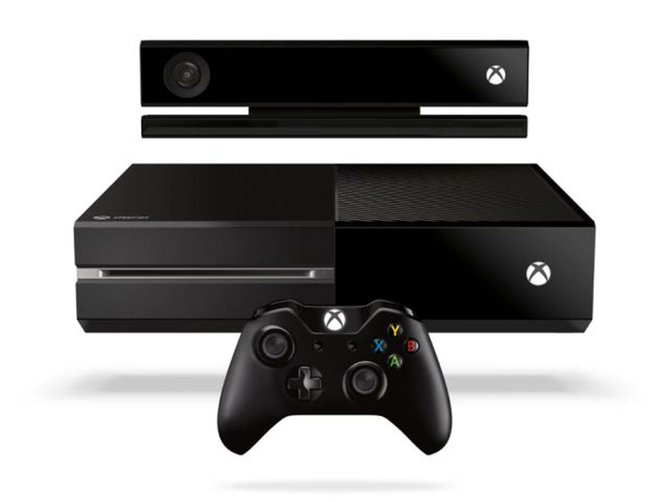The new Xbox One’s privacy settings are causing controversy in the gaming community. Photo by Courtesy Microsoft
This has been a contentious week for the gaming industry.
The recently revealed Xbox One is the next generation of Microsoft gaming consoles, made to compete primarily with Sony's upcoming Playstation 4. The concern lies with the new Xbox's planned Digital Rights Management features and Kinect "functionality."
Players must have an Internet connection to use the Xbox One, whether they intend to play online or not. Every 24 hours, users will be forced to "check in" with the central servers. Furthermore, players' ability to share games is heavily restricted with the new console. All games are licensed to the purchaser, and can be shared with 10 registered "family members" and no more. More intrusive is the disclosure that the Kinect, a motion-sensing device that includes a camera and microphone, is mandatory for Xbox functionality. This puts players in the awkward position of having to broadcast themselves to an Internet-connected machine with a much-touted ability to recognize moods and identities through facial features just to play a video game.
In an interview with Geoff Keighley, host of Spike TV's "GT.TV," Xbox chief Don Mattrick responded to complaints about the new console's connectivity requirements--saying that ''fortunately, we have a product for people who aren't able to get some form of connectivity. It's called Xbox 360.'' Mattrick was quick to couch the jab, but the damage was done. He'd given an already irate gaming community a pithy summation of Microsoft's direction: like it or leave it.
The problem for Mattrick and the Xbox One is the logical response Sony delivered at the same conference just the day before. In discussing the upcoming Playstation 4, Jack Tretton, the president and CEO of Sony, received perhaps the biggest round of applause for the absence of a feature that the gaming industry has ever seen. He drew the ovation merely by confirming that the PS4 would lack any new or noteworthy DRM, protecting the right to share, sell and play games sans Internet for another generation.
More relevant than Mattrick's cringeworthy faux pas is a moment that comes earlier in the interview. It's a relatively unassuming line about how consumers will come to understand the need for the constant connectivity, but it's illustrative of the core concept some big-name companies like Microsoft are championing. It's the idea that the popularity of multiplayer or the rise of downloadable content or any of the other perks that come from the Internet justify--or more accurately, demand--these unprecedented levels of connectedness.
There's no doubt that the ongoing NSA surveillance scandal is a relevant backdrop to this story. Xbox One's onerous new technology comes on the heels of the discovery that most online correspondence, however private it may purport to be, is stored in case of later value. What interest government spooks have in video broadcasts of American citizens playing "Halo" in their underwear may be nil, but it does help to explain the popular response to Microsoft's new restrictions.
Gamers, already wary of the imposition of a monitoring presence, already skeptical of the deliberately deceptive nature of additive "features" aimed at punishing pirates without regard for legitimate consumers, have reached a boiling point. Much to Microsoft's chagrin, and Sony's delight, the lens of this outrage is on the Xbox One.
More like this story
More stories by this author
- Vaccinations Underway As State Grapples With Logistics
- Mississippi Begins Vaccination of 75+ Population, Peaks With 3,255 New Cases of COVID-19
- Parole Reform, Pay Raises and COVID-19: 2021 Legislative Preview
- Last Week’s Record COVID-19 Admissions Challenging Mississippi Hospitals
- Lt. Gov. Hosemann Addresses Budget Cuts, Teacher Pay, and Patriotic Education



Comments
Use the comment form below to begin a discussion about this content.
comments powered by Disqus